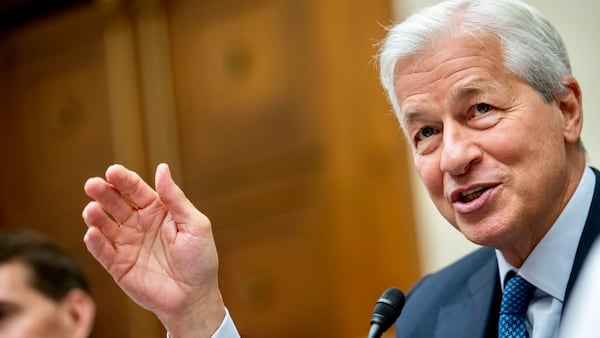- The price of Ether is seen to increase in the weeks before major upgrades.
- A small group of contributors holds significant influence over key decisions regarding Ethereum Improvement Proposals.
- The increase in Ether's price is most significant in the weeks before final discussions regarding EIPs.
Ethereum’s governance decisions have emerged as an underappreciated influence on prices of Ether.
A recent study by a trio of academics shed light on this relationship, particularly regarding EIPs, or Ethereum Improvement Proposals.
An Ethereum Improvement Proposal is a formal document suggesting new features or changes to the Ethereum blockchain that serves as a guideline for community consensus.
The study, focusing on Ethereum’s decision-making process, uncovered a striking trend. In the periods leading up to final discussions of Core EIPs, Ether’s price increased about 18%, and relative to Bitcoin it increased 12%.
The research also examined the concentration of power in Ethereum’s governance, and found that a small group of developers and influencers hold significant sway over the EIP process.
The next major Ethereum upgrade, Dencun, which is expected to reduce the cost of transactions on layer 2s, is on track to launch in late February.
Ethereum developers will run through tests for Dencun on the Sepolia and Holesky testnets on January 30 and February 7.
The authors of the study were Cesare Fracassi and Moazzam Khoja at the University of Texas at Austin, and Fabian Schär at the University of Basel. The paper has yet to go through the academic peer-review process.
Data speaks volumes
The study analysed Ether’s price trends during the final discussions and approvals of successful Core EIPs, looking at hourly price data from May 2016 to November 2023.
One of the most important findings was the 18% increase in Ether prices in the weeks preceding the last AllCoreDevs call before a major EIP.
An AllCoreDevs call is a regular meeting when Ethereum’s core developers discuss and make decisions on EIPs.
This surge in prices was seen to reflect investors’ evolving expectations about the likelihood of a proposal’s approval, and its potential impact on the token’s value.
To ensure an accurate analysis, the researchers focused on a specific period of 80 days, split equally before and after these meetings.
Ether’s price began to increase, the study found, about 30 days before the crucial discussions.
A clear pattern was also seen when comparing Ether with Bitcoin.
In the 25 days leading up to the approval of a Core EIP, Ether’s price against Bitcoin typically increased by about 12%, showing that Ether’s price does tend to increase significantly in anticipation of major changes to the Ethereum network.
Such increases are particularly significant considering the concentrated governance structure where a small group holds substantial influence over key decisions.
For example, an average of 10 people per client implementation — each client being a different version of software that runs the Ethereum protocol — are responsible for 80% of all software changes.
When comparing Ether’s performance with the S&P 500, its price movements didn’t always align with the stock market trends, showing that factors influencing Ether are different from those driving the markets.
For market participants, from casual investors to institutional traders, these insights may offer some potentially valuable perspectives on how governance-related events can be crucial indicators for investment strategies.
For the Ethereum community and developers, the data highlights the impact their decisions have, not just on the network’s technical trajectory, but on its financial ecosystem as well.
Ether’s price is $2,270, up 3.7% on the day, after falling 16% from its yearly high of $2,700 on January 12.
The Dencun upgrade is about one month away from being finalised, which according to the study, should coincide with an increase in Ether’s price.







